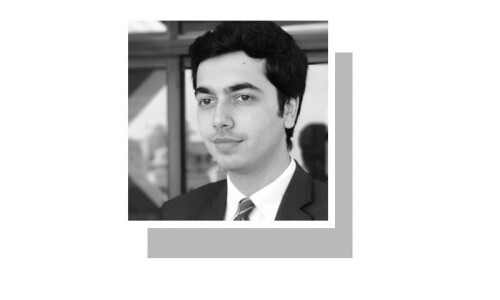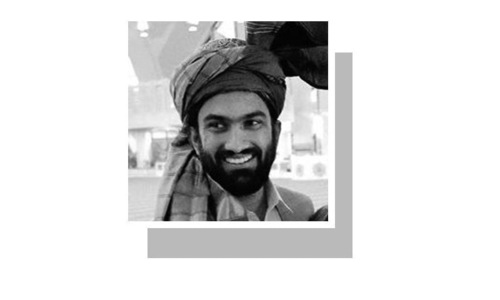Throughout the Muslim rule in the subcontinent, from the Sultanate period to the Mughal rule, the views of the ulema contradicted those of the rulers. Despite state policies being in contradiction to religion according to the ulema, the rulers did not permit them to interfere with the state.
During Akbar’s rule, the ulema disapproved of his policy of sulh-i-kul or peace with all. When Mullah Mohammed Yazdi issued a fatwa, several disgruntled nobles and the ulema rebelled against Akbar who dealt with it in a diplomatic manner. He cancelled the maddad-i-ma’ash jagirs belonging to the ulema, only to reallocate them after interviewing the ulema and confirming their loyalty. He also appointed bureaucrats to supervise their conduct, so that in case of misconduct they could be reprimanded. He then continued with his policy undeterred.
During the reign of Jahangir, a religious scholar, Ahmad Sirhindi (d. 1624) wanted to convince Jahangir to change Akbar’s policy towards non-Muslims. He tried to influence the nobles to help fulfil his ambitions and wrote letters to them, expressing his fanatical ideas.
In a letter to Shaikh Farid, a devout Muslim who had supported Jahangir’s succession to the throne against his eldest son Khusrau, Sirhindi wrote that Islam was in critical condition, and insisted that as a man of faith, it was Shaikh Farid’s responsibility to take action to revive the glory of Islam. In the same letter he expressed his pleasure on the assassination of Guru Arjan Dev, the fifth Sikh Guru, regarding it an admirable step. He further explained that the government should adopt a policy to humiliate Hindus and that the imposition of jizya rightly kept the infidels in a state of subordination. According to Sirhindi, this was the right time to convince the emperor to eliminate un-Islamic practices which had become a part of the Muslim culture and to eliminate the influence of the infidels. He appealed to Shaikh Farid to play a role in reviving the purity of Islam. If no action was taken and idolatry continued to flourish, the emperor and his nobles would be responsible for damaging the cause of Islam by not creating a consciousness about sharia among the Muslims.
He wrote another letter to Aziz Khan Kuka, Akbar’s foster brother and opposed Akbar’s religious views. In the war of succession, Sirhindi supported Prince Khusrau against Jahangir, yet retained an important position at the court. In his letter, Sirhindi lamented that the forces of Islam were becoming weaker and at this juncture, his contribution would help annihilate irreligious practices and innovations which were influencing the Muslims. He also said that Islam could only be purified by reverting to its original teachings.
Shaikh Ahmad Sirhindi wanted to destroy Akbar’s diplomatic relations with the Hindus. In one of his letters addressed to Lala Beg, he expressed his views that sacrifice of the cow was an Islamic rite.
However, the majority of the ulema and people remained estranged from his movement. Jahangir continued with Akbar’s policy and was a great admirer of his father. In Tuzk-i-Jahangiri, he praised Akbar’s wisdom and sagacity.
Shaikh Ahmad Sirhindi was not popular among the Muslims because of his extremist religious views. When Jahangir summoned him to his court, he found him arrogant and rude and did not hesitate to send him to the fort of Gwalior for a brief period of imprisonment.
During the emergence of communalisn in the 1930s, Shaikh Ahmad Sirhindi was resurrected by some ulema and projected as the champion of Islam. In Pakistani historiography, I.H. Qureshi and S.M. Ikram eulogised him as the defender of Islam and the man who saved it and protected it from the heretical views of Akbar.
Writers of history textbooks portrayed the same image. As a result, Akbar and his policy of sulh-i-kul, multi-cultural unity and secularism were condemned while Shaikh Ahmad Sirhindi’s orthodoxy and religious extremism were appreciated. Sadly, his anti-Hindu, and anti-Shia views are also accepted without criticism, totally negating their dire impact on society today. Today, Pakistani society is paying a heavy price for these misdemeanours.














































